Factoring is a financial solution that has been around for years, yet there are still many misconceptions about it. In this blog post, we will dispel 5 of the most common myths about factoring. From “it’s too expensive” to “it’s only for big businesses,” read on to learn the truth about this financial solution. You may be surprised to find that it could be the right fit for your business.
What is factoring?
When it comes to business financing, there are a lot of myths and misconceptions out there. One of the most common is that factoring is some kind of risky or shady deal. In reality, factoring is a perfectly legal and legitimate way for businesses to get the cash they need to grow and succeed.
So, what is factoring? Essentially, it’s a form of financing that allows businesses to sell their invoices at a discount in order to get the cash they need right away. It’s a great solution for businesses that are waiting on payments from customers but need the cash immediately to keep operations going or take advantage of new opportunities. Factoring is not a loan, so there’s no debt involved. And because businesses are selling their invoices at a discount, they still get the full value of the invoice once the customer pays it. There are also no set monthly payments with factoring – businesses only pay when they use the service.
If you’re considering using factoring to finance your business, don’t let myths and misconceptions hold you back. It’s a perfectly legal and viable option for small businesses looking for working capital. Below are the 5 myths on factoring:
1. Invoice Factoring is only meant for small, start-up companies
2. Invoice Factoring is expensive
3. Invoice factoring is a last resort for struggling companies
4. You have to pay fees upfront before factoring your invoices
5. Factoring invoices means you lose control of your company
1. Invoice Factoring is only meant for small, start-up companies:
This is one of the most common myths about invoice factoring. While invoice factoring can be a great solution for small businesses, it’s not just for start-ups. In reality, businesses of all sizes and stages of growth can use invoice factoring to get the cash they need. In addition, invoice factoring is not just for businesses with slow-paying customers. Businesses that are waiting on large contracts or projects can also use invoice factoring to get the cash they need to keep operations going or take advantage of new opportunities.
2. Invoice Factoring is expensive:
Another common myth about invoice factoring is that it’s expensive. In reality, the cost of invoice factoring depends on a number of factors, including the size of the invoices being sold and the length of time it takes for customers to pay. However, when compared to other forms of financing, such as loans or lines of credit, invoice factoring can be a more cost-effective option. This is because businesses only pay for the service when they use it – there are no set monthly payments like there are with loans. In addition, businesses only sell their invoices at a discount, so they still get the full value of the invoice once the customer pays it.
3. Invoice factoring is a last resort for struggling companies:
Another myth about invoice factoring is that it’s only for companies that are struggling financially. In reality, businesses of all sizes and financial situations can use invoice factoring to get the cash they need. While invoice factoring can be a great solution for businesses that are struggling to make ends meet, it’s also a viable option for businesses that are doing well but need extra cash to take advantage of new opportunities.
4. You have to pay fees upfront before factoring your invoices:
One of the biggest myths about invoice factoring is that businesses have to pay fees upfront before they can factor their invoices. In reality, there are no upfront fees associated with invoice factoring. Businesses only pay for the service when they use it, and the fees are typically taken out of the proceeds from the sale of the invoices.
5. Factoring invoices means you lose control of your company:
Another common myth about invoice factoring is that it gives the factor control over your business. In reality, when you factor your invoices, you’re simply selling them to the factor in exchange for cash. The factor does not have any ownership stake in your business and does not make any decisions about how you run your company. You retain complete control over your business.
Factoring is a perfectly legal and legitimate way for businesses to get the cash they need to grow and succeed. If you’re considering using factoring to finance your business, don’t let myths and misconceptions hold you back.
Factoring is a financial tool that can be extremely helpful for businesses of all sizes. However, there are a lot of misconceptions about factoring out there. We hope this article has helped clear up some of the myths about factoring and shown you that it can be a great option for your business. If you’re considering using factoring to help grow your business, we encourage you to do more research and speak with a financial advisor to see if it’s right for you.
